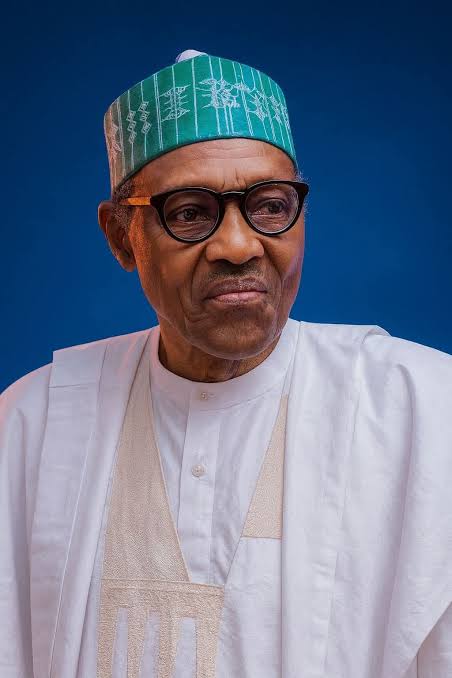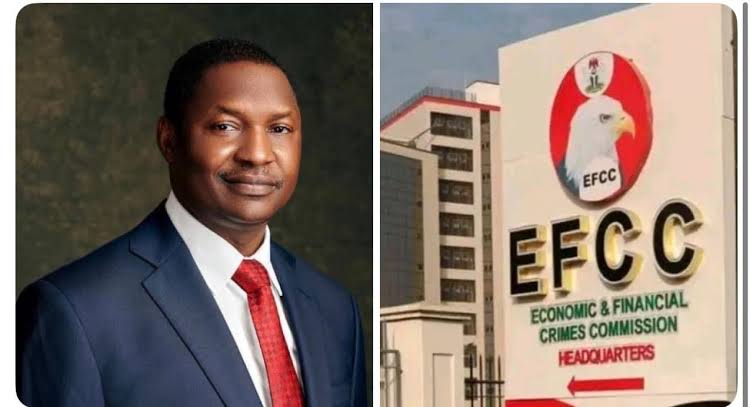Storm over Moves to Regulate Social Media by Senate
 The recent move by the Nigerian Senate to regulate bloggers and internet content creators has sparked a storm of controversy.
The recent move by the Nigerian Senate to regulate bloggers and internet content creators has sparked a storm of controversy.
Led by Senator Ned Nwoko, the bill, if passed, will require bloggers and social media platform owners to register with the government, use physical offices in Nigeria, and be members of an accredited national association with its headquarters in Abuja. While those in favor argue that it will foster responsibility, others see it as an attempt to gag freedom of expression.
At face value, the bill to regulate digital content creators is reasonable. The internet is rife with misinformation, fake news, and unverified stories that harm individuals and institutions. Regulation will provide guidelines for ethical journalism and hold bloggers accountable for spreading false information.
In addition, requiring international social media companies to have physical offices in Nigeria may create job opportunities and boost the economy.
However, the bill raises some red flags. Why, for instance, must bloggers be forced to maintain physical offices? Many freelance journalists and content creators work from home, utilizing digital platforms to reach their audience. Whether office space in the state capitals is a needless expenditure and could potentially push smaller creators out of business.
More troubling is the requirement of belonging to a state-registered association—this can potentially be used as an avenue of political oppression, silencing oppositional voices under the guise of regulation.
Nigeria’s press freedom has been under pressure in recent years, and journalists and activists are regularly harassed over their reporting. The country already has laws, such as the Cybercrime Act, that criminalize online speech in terms that critics say are overly broad. Adding another layer of control could make it even harder for independent voices to be heard.
Moreover, the idea of a central association of bloggers has a rather ominously gatekeeping tone to it. Who would decide which bloggers can blog? Would membership be tilted toward those who are useful to government purposes?
In a democracy, the internet needs to remain a space where diverse opinion can flourish with a minimum of government interference.
It is not arguable that digital media needs to be controlled to some extent to prevent defamation, cyberbullying, and the spread of false information. The means, however, should not be so that it stifles creativity or discourages independent journalism. Instead of forcing bloggers to register and set up shop, the government can focus on enforcing the already available defamation and cybercrime laws uniformly.
The better option would be to encourage self-regulation by the industry, with media houses and digital creators establishing ethical standards and reporting guidelines. The Nigerian government can also sponsor digital literacy campaigns to empower citizens to discern between credible news sources and misinformation.
While the Senate might have the noble intention of restoring order in cyberspace, the bill has the potential to do more harm than good. Rather than energize creatives, the regulations have the potential to silence the very voices that make the internet a vibrant and democratic sphere. What Nigeria should be doing is encouraging the evolution of a responsible digital culture, not its regulation.







